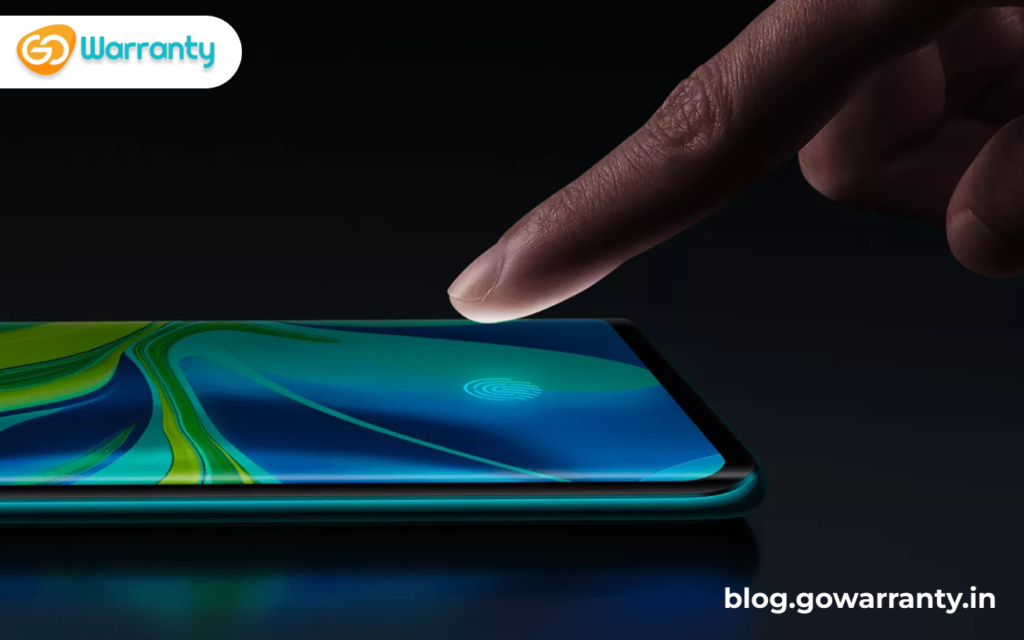After a name change as well as the reintroduction of a Pro model last year, Xiaomi expects more of the same in 2023. The company launched two new flagships globally at MWC in late February: the 13 and 13 Pro. A more capable Ultra model is on the way, but Xiaomi has confirmed that there will be no half-step ‘S’ update later this year. After testing the Xiaomi 13 Pro, it’s difficult to imagine a non-gaming phone being more capable than this – possibly only the Galaxy S23 Ultra. With Qualcomm’s latest silicon, a main camera with a massive 1in sensor, and some of the fastest charging available, the device is nearly unmatched in terms of hardware.

Price
The Xiaomi 13 Pro is not cheap, as expected. It costs £1,099/€1,299 for the only model available in the UK, which has 12GB of RAM and 256GB of storage. You can purchase one now from the Xiaomi website, where orders placed before the end of March 20 will receive a £100 ‘eco’ voucher redeemable for any Xiaomi ecosystem product (such as smartwatches, earbuds and more). The coupon will be delivered 14 days after purchase and will be valid for another month.
Specification Table
| Chipset | Qualcomm Snapdragon 8 Gen 2 |
| No of cores | 8 (octa core) |
| RAM | 12 GB |
| RAM Type | LPDDR5X |
| Height-Width | 6.41in-2.94in |
| Weight | 229 grams |
| Colours | Ceramic White, Ceramic Black |
| Resolution | 1440 x 3200 pixels |
| Display Type | AMOLED, 3D Dual Curved Glass, HDR 10+ |
| Colour Reproduction | 16M Colours |
| TouchScreen | Yes, Capacitive, Multi-Touch |
| Rear camera setup | Triple |
| Rear Camera | 50MP(Primary), 50MP(Secondary), 50MP(Tertiary) |
| Front camera | 32 MP Resolution |
| Flash | Dual-Colour LED Rear flash |
| Video Resolution | 1920×1080 @ 30 fps |
| Camera Features | Auto FlashAuto FocusFace detectionTouch to focus |
| Battery Type and capacity | Li-polymer, 4820 mAh |
| Fast Charging | Yes, 120W |
| Internal memory type | 256 GB, UFS 4.0 |
| Operating System | Android v13 |
| Custom UI | MIUI |
| SIM Configuration | Dual SIM |
| Wi-Fi | Yes |
| Bluetooth | Bluetooth v5.3 |
| GPS | Yes with A-GPS |
| Fingerprint sensor | Yes, On-Screen |
| Face Unlock | Yes |
| Other Sensor | Light SensorProximity SensorAccelerometerCompassGyroscope |
Design and Build
Xiaomi has redesigned the 13 Pro’s design, but not in a good way. The majority of the phone retains its sleek appearance, but the massive camera module stands out like a sore thumb.
It reflects Xiaomi’s new partnership with camera company Leica, as well as significant improvements to the rear sensors. However, it is unsightly and protrudes significantly from the back of the phone. The effect can be reduced by inserting a silicone case into the box, but even so, there is a significant wobble when used face up on a table. Because of the emphasis on phone cameras, a flush camera module isn’t feasible, but Xiaomi could’ve done better.
Another significant change is that the glass back of the 12 Pro has been replaced with a ceramic one. It certainly feels premium, but it adds significantly to the overall weight. At 229g, it’s significantly heavier than last year’s 12 Pro (205g) and one of the heaviest phones overall. The 13 Pro is well-built and feels solid, but the ceramic rear means it will always be more vulnerable to shattering than plastic.
Display
The display on the Xiaomi 13 Pro has only been slightly modified from last year, and it is functionally identical for most people. That’s not surprising given that it already had one of the best displays on any phone. You still get a large 6.73in, 14403200 OLED panel with an increasingly popular 20:9 aspect ratio. The screen is stunning, with superb detail and bold colours that really pop. Xiaomi claims that the screen has a peak brightness of 1900 nits.
Software and Performance
The 13 and 13 Pro are the first Xiaomi phones to ship with Android 13. However, both have Xiaomi’s MIUI 14 skin on top, which is the single most compelling reason not to buy the 13 Pro. MIUI 14 essentially dilutes what makes Android great, then adds a garish colour scheme as well as annoying apps that you can’t uninstall. It’s perfectly usable, but a significant step down from the software experience on some other phones.
Xiaomi’s flagship phones are typically outfitted with Qualcomm’s most recent and greatest chips, and the 13 Pro is no exception. When compared to the 8 Gen 1 found in the Xiaomi 12 Pro, the Snapdragon 8 Gen 2 provides both performance and power efficiency benefits. It’s debatable whether you can tell them apart, but there’s no denying the excellent performance here. With 12GB of RAM in either configuration, the 13 Pro easily handles almost any task you can think of.
Camera
Xiaomi has collaborated with camera manufacturer Leica on the 13 series, which includes significant changes in both the regular and Pro models. That may not be obvious from the specifications, as the hefty rear module still houses three 50Mp lenses. However, the main sensor is now the much larger 1in Sony IMX989 – the same as in the current camera champ Vivo X90 Pro and last year’s Xiaomi 12S Ultra – and the results are impressive.
The 50Mp telephoto lens has also been upgraded, offering 3.2x optical zoom rather than the Xiaomi 12 Pro’s 2x. The 50Mp ultrawide has the same 115-degree field of view as its predecessor. The selfie camera remains 32Mp, but it’s still one of the best, with excellent exposure, details, and colours. The Xiaomi 13 Pro can record video at up to 8K at 24fps, but most people will be satisfied with the default 1080p at 30fps.
Battery
The Xiaomi 12 Pro’s battery life was a major flaw, but this is not the case with its successor. Due to the larger 4800mAh battery and improved Snapdragon 8 Gen 2 power efficiency, it can now comfortably last a full day – even when performing intensive tasks like gaming or using GPS.
This is reflected in the PCMark battery test, which simulates real-world usage at a relatively standard 200 nits of brightness. A time of 11 hours and 56 minutes is more than four hours faster than its predecessor and higher than average among the high-end phones we’ve recently tested. With this improvement, the Xiaomi 13 Pro becomes one of the few phones that provides excellent battery life and charging speeds. The included 120W adapter charges the phone in less than 30 minutes and supports 50W wireless charging and 10W reverse wireless charging.

